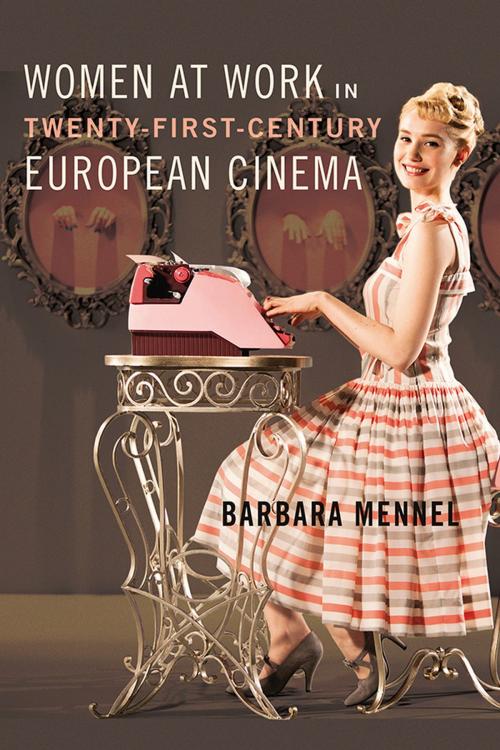Women at Work in Twenty-First-Century European Cinema
Nonfiction, Entertainment, Film, History & Criticism, Performing Arts| Author: | Barbara Mennel | ISBN: | 9780252050961 |
| Publisher: | University of Illinois Press | Publication: | January 30, 2019 |
| Imprint: | University of Illinois Press | Language: | English |
| Author: | Barbara Mennel |
| ISBN: | 9780252050961 |
| Publisher: | University of Illinois Press |
| Publication: | January 30, 2019 |
| Imprint: | University of Illinois Press |
| Language: | English |
From hairdressers and caregivers to reproductive workers and power-suited executives, images of women's labor have powered a fascinating new movement within twenty-first century European cinema. Social realist dramas capture precarious working conditions. Comedies exaggerate the habits of the global managerial class. Stories from countries battered by the global financial crisis emphasize the patriarchal family, debt, and unemployment. Barbara Mennel delves into the ways these films about female labor capture the tension between feminist advances and their appropriation by capitalism in a time of ongoing transformation. Looking at independent and genre films from a cross-section of European nations, Mennel sees a focus on economics and work adapted to the continent's varied kinds of capitalism and influenced by concepts in second-wave feminism. More than ever, narratives of work put female characters front and center--and female directors behind the camera. Yet her analysis shows that each film remains a complex mix of progressive and retrogressive dynamics as it addresses the changing nature of work in Europe.
From hairdressers and caregivers to reproductive workers and power-suited executives, images of women's labor have powered a fascinating new movement within twenty-first century European cinema. Social realist dramas capture precarious working conditions. Comedies exaggerate the habits of the global managerial class. Stories from countries battered by the global financial crisis emphasize the patriarchal family, debt, and unemployment. Barbara Mennel delves into the ways these films about female labor capture the tension between feminist advances and their appropriation by capitalism in a time of ongoing transformation. Looking at independent and genre films from a cross-section of European nations, Mennel sees a focus on economics and work adapted to the continent's varied kinds of capitalism and influenced by concepts in second-wave feminism. More than ever, narratives of work put female characters front and center--and female directors behind the camera. Yet her analysis shows that each film remains a complex mix of progressive and retrogressive dynamics as it addresses the changing nature of work in Europe.















